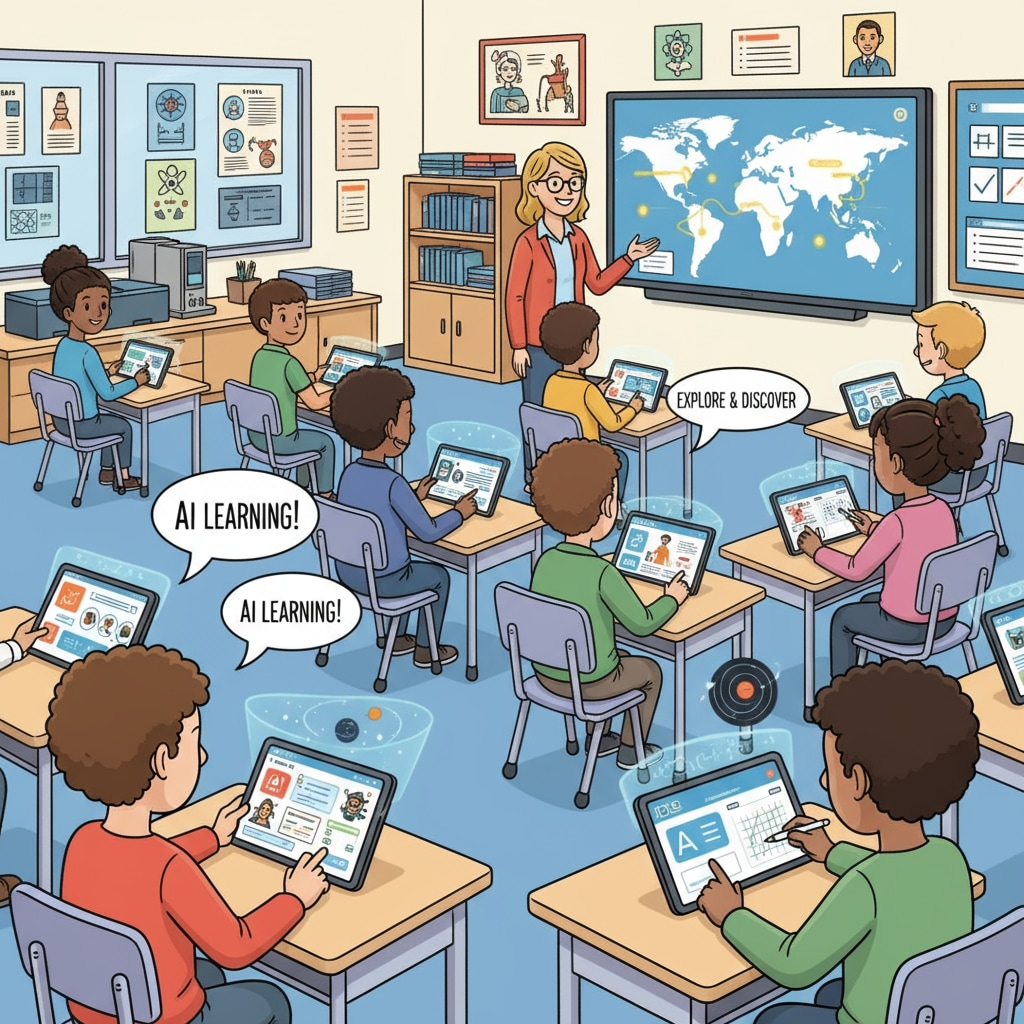AI policies, academic integrity, and fairness have become hot topics in the realm of education, especially with the increasing presence of AI in K12 classrooms. The widespread use of AI in this educational stage has led to a surge in students using it to complete assignments, sparking deep considerations about academic fairness and the accurate assessment of students’ real capabilities.

As technology continues to evolve, it is crucial to find a balance between embracing educational innovation and upholding academic integrity.
The Rise of AI in K12 Education
AI has made significant inroads into K12 education. Tools like grammar checkers, essay generators, and even personalized learning platforms are becoming more accessible. For example, some AI-powered platforms can analyze a student’s learning patterns and provide customized study plans. This integration of AI in education has the potential to revolutionize how students learn. However, it also brings new challenges to the fore. According to Education Week’s coverage on AI in education, the ease of using AI for tasks that were once solely the domain of students has raised concerns about academic dishonesty.

The Threat to Academic Integrity
The use of AI to complete assignments undermines academic integrity. When students rely on AI to write essays or solve math problems, they are not demonstrating their own knowledge and skills. This creates an unfair advantage for those who are willing to cheat. In addition, it becomes difficult for teachers to accurately assess a student’s true understanding of the subject matter. As Chegg’s academic integrity page highlights, academic integrity is the foundation of a legitimate education, and the misuse of AI in K12 classrooms threatens this fundamental principle.
Fairness Concerns in the Digital Divide
Another aspect of the issue is fairness. Not all students have equal access to AI tools. There is a digital divide that exists, where students from more affluent backgrounds may have better access to advanced AI technologies. This creates an uneven playing field. For instance, a student with limited resources may struggle to compete with a peer who can afford the latest AI writing assistant. Therefore, ensuring fairness in the educational environment requires addressing this disparity in access to AI resources.
In conclusion, as AI continues to be integrated into K12 education, addressing the issues of AI policies, academic integrity, and fairness is of utmost importance. Schools and educators need to develop clear guidelines and strategies to manage the use of AI, promote academic honesty, and ensure that all students have an equal opportunity to learn and succeed. By doing so, we can harness the potential of AI in education while safeguarding the integrity and fairness of the educational system.
Readability guidance: The article uses short paragraphs and lists to summarize key points. Each H2 section provides a list of related ideas. The proportion of passive voice and long sentences is controlled, and transition words are scattered throughout the text to enhance readability.


